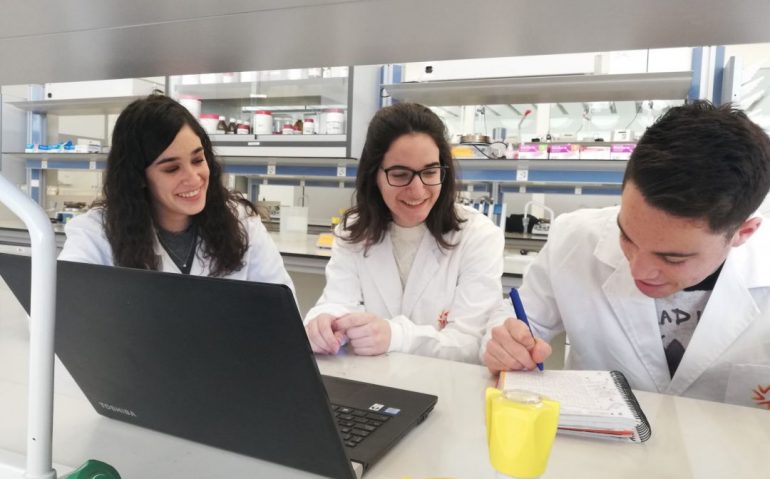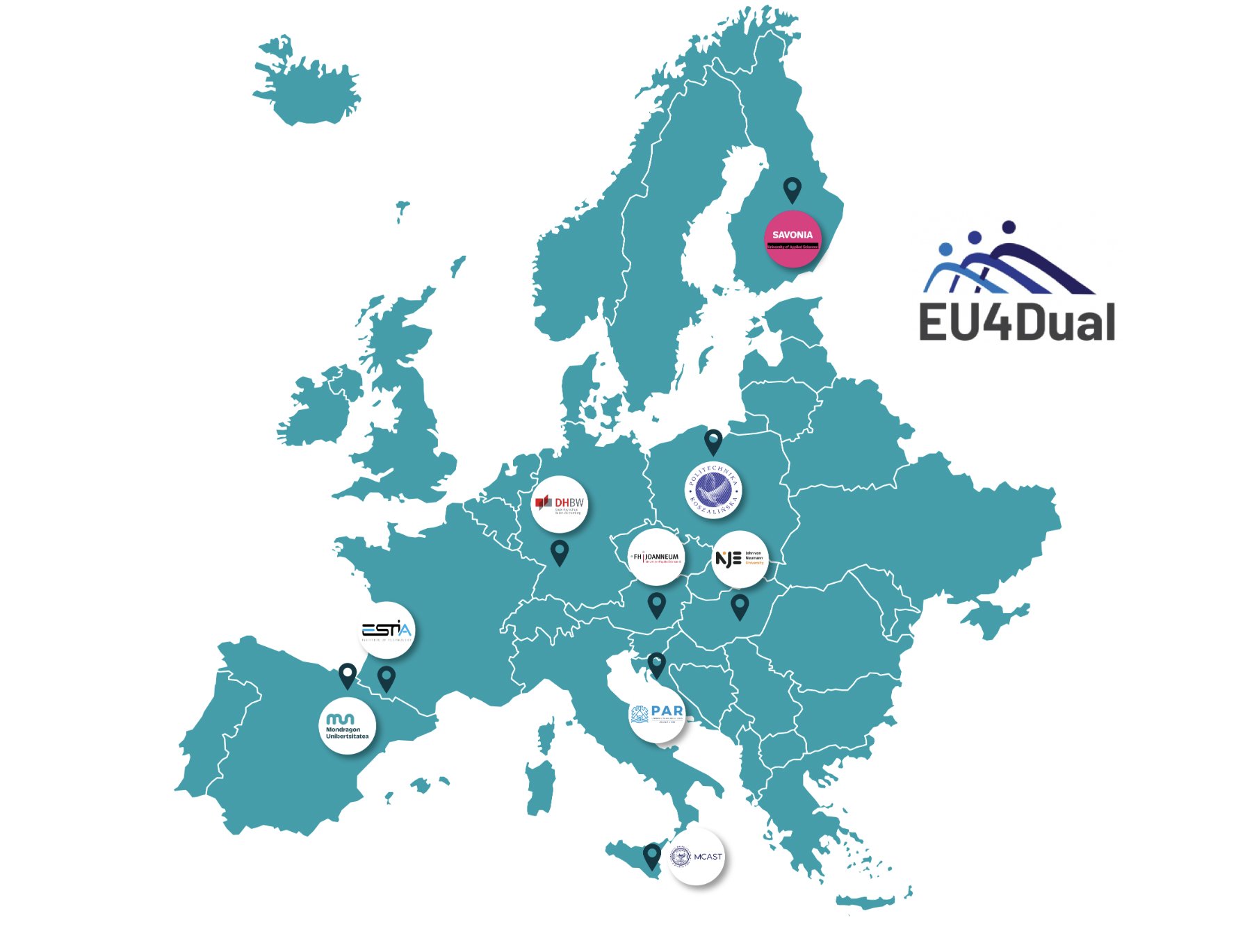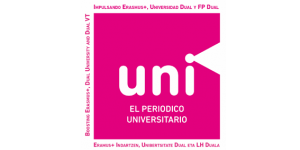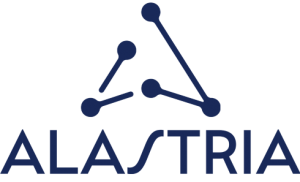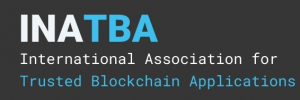In a world where technology is advancing by leaps and bounds, it is not surprising that digital tools have been introduced in virtually every area of society, including health sciences. In this area, they have proven to be able to offer applications that we are just beginning to implement. Thus, bioinformatics is positioned as one of the professionals of the future responsible for applying Information Technology and Computer Science in a biomedical context to study, analyze and process genetic, molecular and clinical information. In this sense, San Jorge University has opted for this branch of knowledge including among its studies the degree in Bioinformatics, which lasts 3 years and can be completed as part of a double degree with Computer Engineering or Pharmacy.
Where do the graduates work?
Currently, the health sciences generate a large amount of data that make it necessary for a professional capable of analyzing and managing them. In this niche, bioinformatics have a lot to contribute. By acquiring interdisciplinary skills and computer and biomedical knowledge, they can be used both in the pharmaceutical industry and in research centers, as well as in clinical care, working with healthcare personnel dedicated to biomedicine, drug development, clinical diagnosis and preventive medicine, among others. Ginés Morata, renowned biologist of the Superior Council of Scientific Research and member of the National Academy of Sciences of the United States, affirms that “studies in bioinformatics are essential today in biological research”.The Senate, through the presentation on genomics, recommends the incorporation of bioinformatics professionals into the National Health SystemHe explains that “since the complete sequence of the human genome (3300 million base pairs) and the position of many genes in the genome are known, bioinformatic methods are essential to identify the cause of many genetic diseases, simply by comparing the normal sequence with that of the alleged mutants. ” In this way, he adds, “once the genetic defect is detected, gene therapy procedures can be initiated.”Jesús Carro, director of the degree in Bioinformatics at the USJ, argues that bioinformatics are necessary to support other professionals who do not have sufficient technical knowledge to carry out certain procedures. “A researcher in biology who is interested in analyzing a giant database because he is looking for a specific problem needs to generate a multidisciplinary team in which the bioinformatician performs that work,” he explains.
Labor context ahead
The degree director says that bioinformatics are in high demand “because there is too much work to be done”. On the one hand, since data capture is now much simpler, a large amount of information has been generated and stored. On the other hand, there has been progress in computing and it is possible to do Big Data, mass data analysis, artificial intelligence, etc. “Now professionals are needed who are familiar with the healthcare environment and who, at the same time, are capable of creating and using technological applications that work with these data. In that part, bioinformatics enter, “explains Jesús Carro.
Last month, the Senate made public the conclusions of the Genomics Paper, in which about 70 professionals have worked. These are 13 recommendations to facilitate the introduction of personalized medicine in the National Health System (SNS), among which is “the creation of the specialty of clinical genetics and the incorporation of bioinformatics professionals to the SNS”.Ginés Morata, member of the Superior Council of Scientific Research: “Studies in bioinformatics are essential in biological research”In addition, the Spanish Association for Digitalization, which integrates the leading companies in the digital technology and innovation sector in Spain, said in December that “in 2020 the demand for STEM profiles (initials to designate the academic disciplines of science, technology, engineering and mathematics) will be 14% in Europe and 10% in Spain “. However, another report published in July stated that “10,000 jobs in the technology sector are vacant in our country due to the lack of qualified profiles”. In this way, the USJ offers students the opportunity to train in a profession whose forecasts in the labor market are – and are expected to continue to be – on the rise.For Ginés Morata, “the perspectives of competent professionals in this area are excellent”, since “virtually all biological research centers currently have a bioinformatics department”.
Professional profiles
The students who have started this Bioinformatics course have very varied profiles, although most of them are students from the health sciences who at the same time have a certain taste for technology. Paula Tajada, a student of the degree, explains that she chose these studies because they thought it was a “very good combination of many disciplines” and that, although she clearly wanted to study something related to biology, she also liked other branches such as chemistry or mathematics. . Inés Carcas, on the other hand, decided to study the double degree together with Pharmacy and affirms to be “very happy with the choice” because, although she would love to work in a laboratory, she is open to all work options. Santiago Paris started his degree in Pharmacy last year and this year he has decided to also study Bioinformatics. “It was a matter of wanting to learn and continue to train. I saw that bioinformatics could complement me and it would be a way to differentiate myself from others because the more you are trained, the better opportunities you can have, “he concludes.
Juan Cruz Cigudosa | President of The Spanish Association of Human Genetics
Juan Cruz Cigudosa is co-founder of NIMGenetics, a biomedical company that develops cutting-edge genomic platforms, president of the Spanish Association of Human Genetics and member of the Board of Directors of the Spanish Association of Biocompanies.

What do you think about the studies in Bioinformatics?
For me, they are not only recommended, they are necessary. Currently, the data is integrated into the patient’s clinical history and handled in an analogical way, so the only possibility that these data allow us to advance in preventive and future medicine is to develop a different management by which the information is not only accumulate, but to be used.
What future prospects do bioinformatics have?
I can not think of any other profession that has more future right now in the field of biosanity. It really is very hopeful, especially, because part of the need for professionals to dedicate themselves to this.
Could you give an example in which bioinformatics has application?
Where there is more data right now is probably in personalized medicine, which has its fundamental basis in what we call genomic medicine, that is, study data of massive sequencing of a person’s genes to find explanations to a clinical problem. The management of this data is only possible through bioinformatics. There is no other possibility. So the integration and development of genomic medicine goes through bioinformatics.
What changes have occurred in society that have made bioinformatics necessary?
The incorporation of knowledge technology in the biosanitary areas. Actions such as the sequencing of chromosomes, genomes, expression profiles, etc. They have happened in the last 5 years. Now people are needed to handle this data in a different way than has been traditionally done.
What is the position of Spain compared to Europe in the field of bioinformatics?
We are very well positioned because there has been a lot of development in this area at the level of research centers. In addition, bioinformatics does not require a deep investment in facilities and the necessary computer resources are not excessively expensive, so, as that part is more or less covered, at the research level we are very well positioned.
Bioinformatics in the USJ
Double degrees
The degree in Bioinformatics from the USJ can be taken together with Computer Engineering or Pharmacy. This last option has been the most attractive, since 10 students have chosen to study this double modality.
Three years
The duration of three years makes the degree a good option for professionals who already have another degree and want to specialize in this area or who are doing another degree and want to study bioinformatics simultaneously.
Flexibility
The degree is designed with a hybrid format between face-to-face and online. Classes are recorded and uploaded to the cloud, so that, although there are mandatory sessions, a large workload can be done and followed online.
Importance of English
Half of the degree is taught in English, including a subject in this language in first year, half of them in second and being the language in which they study during third. The director of the degree explains that it is intended that students “are able to function in English because, although they are highly demanded profiles in Spain, in many cases, companies do not work in an exclusively Spanish context and need English.”
More information https://www.usj.es/


